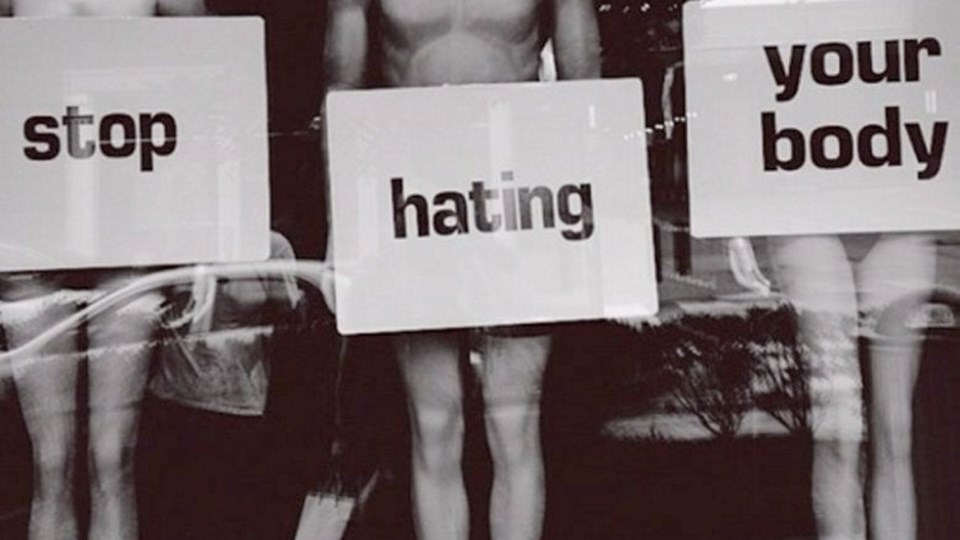Re: “Will losing weight change your love life?” Aug. 19.
Will losing weight change your love life? No, but living in a culture that accepts body diversity sure will.
I lead body-image support groups, and I am a recovering exercise-abuser who just left a career in exercise and health promotion to pursue a clinical practice — mopping up the mess I made promoting weight management and body shaping through extreme workouts and “healthy eating” strategies.
I have studied fat and health for more than 20 years and am an advocate of body diversity and acceptance. I was troubled (not to mention disappointed and angry) by the message in this article, and I felt the urgency to write a response.
On one hand you have an activist working to prevent weight discrimination who underwent bariatric surgery to rid her body of fat (no comment). You have a clinical psychologist suggesting that losing weight can improve self-esteem (and in many ways it will, since we live in a culture that stigmatizes fat).
Perhaps if we were to cultivate environments that accept bodies at every size, people would feel good about themselves no matter what they weigh. Imagine if we lived in a world that judged us for who we were and our acts of service instead of the size of our waist? Would we have weight-loss surgeries in this world?
As far as finding romance or love, or keeping the relationship you have, focusing attention on the real issues surrounding relationship stress such as addiction, self-awareness, mental resiliency, even the porn industry, will be more impactful than blaming fat.
The reporter concludes with the ever-so-popular faulty belief that weight loss is as simple as making good choices. She states: “Losing weight and keeping it off require better food choices, more meal planning and increased exercise.”
This assumes that those with larger bodies make bad food choices, don’t plan or don’t work out. It also strengthens the belief that weight loss is about eating and exercise. It doesn’t take much research to clarify this.
In fact, 99.99 per cent of those who lose weight will gain it back over five years (plus the shame, self-blame and guilt that comes with it). The brain plays a large role in this, and so does a myriad of factors that don’t get the same airplay.
From mental-health issues such as depression and anxiety to medications, stress, sleeplessness, our environment, addictions, technology, and the promotion of restricted diets and exercise abuse in the name of “health,” the factors that contribute to our weight are vast. The theory of choice sets out to blame only the individual, so we, as a society, don’t have to examine our role in all of this.
Those people with larger bodies are some of the most “self-disciplined” people I have met, yet they still suffer from our culture’s dirty looks and suggestions of how to live solely based on the size of their body. If this were any other form of discrimination, we would be done with it by now. Why do we hold on so dearly to this belief that causes so much sadness and self-hate?
Sure, body diversity is nice in theory, but what about health? Reading the primary research (the actual publication and not something taken out of context) we know that fat and health are only correlated — one does not cause the other. What matters most is integrating health-affirming behaviours into our lifestyle. From eating whole foods and walking every day to becoming emotionally literate and cultivating connection to ourselves, we will actualize all those benefits mentioned in this article.
Dr. Scott Kahan suggests that “when people lose weight, most things improve.” The fat might be lost but the emotional upset will still be there; with or without half your stomach.
To those people of every shape and size reading this: I want to remind you that you are OK the way you are, and I am sorry that you are told every day that you aren’t. If someone has an issue with your weight, they are mere victims of a culture that tells us there is only one way to own a body.
At any weight, you can enjoy the woods, the ocean, good conversation, quality food and the joy that comes from knowing oneself. The others can go eat a high-fat, gluten-enriched, sugar-laden chocolate cake!
Kathi Cameron is an eating-disorders and couples counsellor in the Comox Valley.



